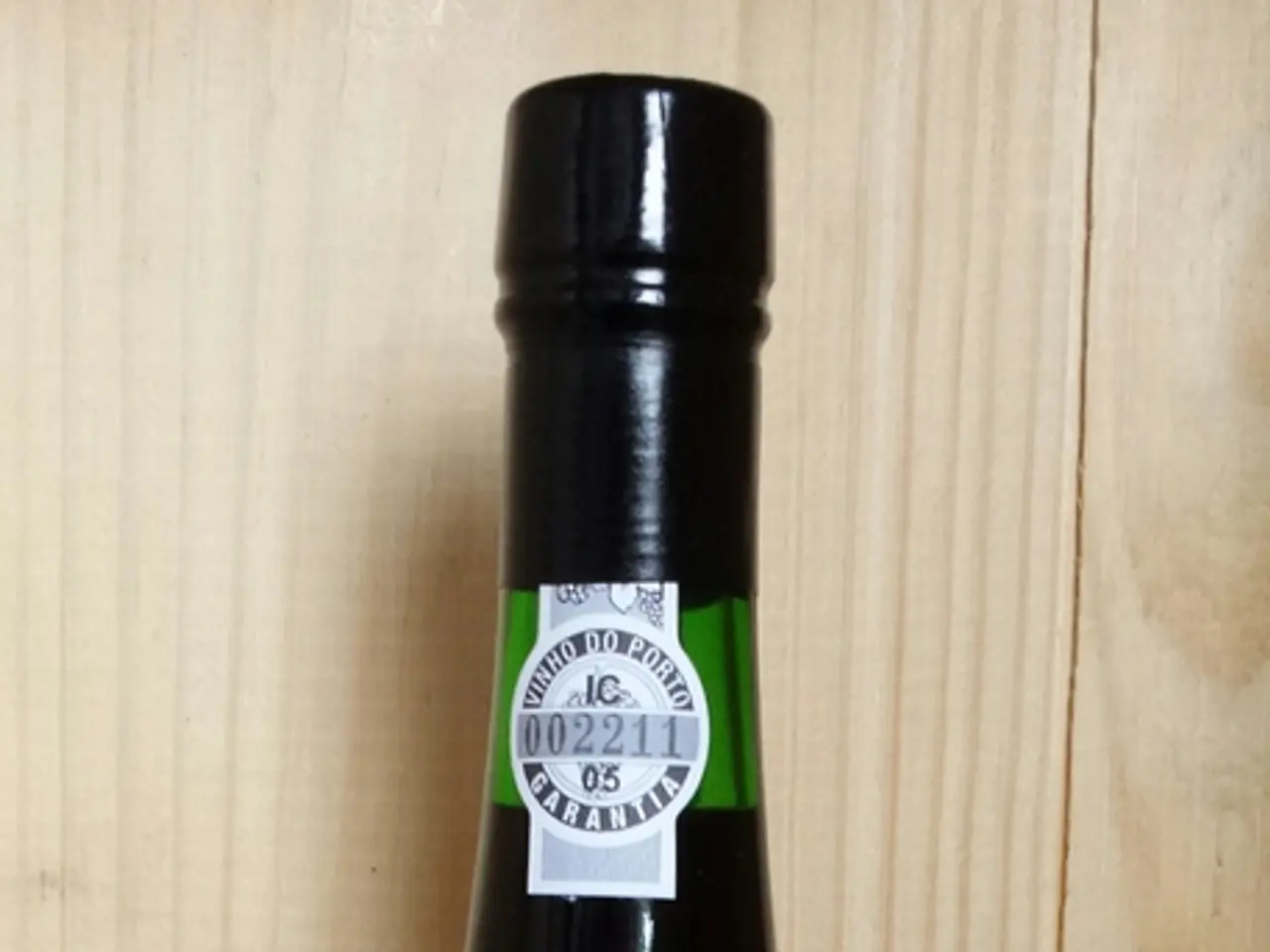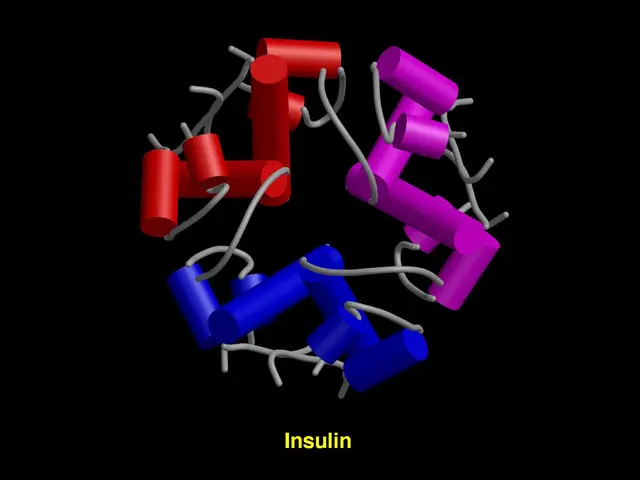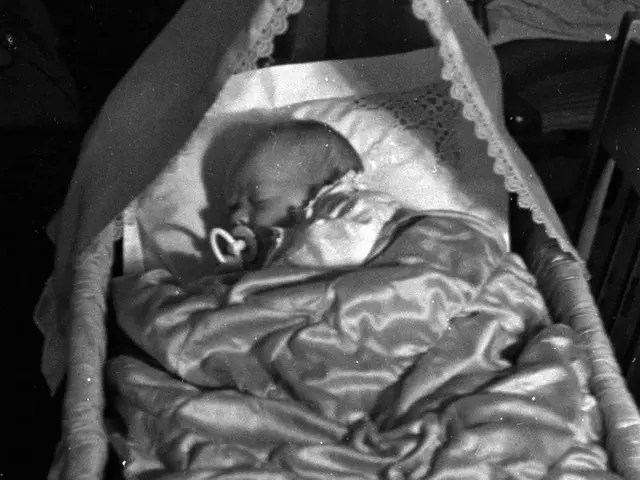Increasing the legal drinking age to 18 is under consideration by the ruling government coalition.
In the heart of Europe, a significant debate is unfolding within Germany's ruling coalition regarding the minimum age for purchasing alcohol. The proposal, which suggests increasing the age limit from 16 to 18 for beer and wine, is currently under active discussion.
At the forefront of this discussion are Christos Pantazis, health policy spokesman for the SPD parliamentary group, and Simone Borchardt, health policy spokeswoman for the Union faction, both of whom are part of the ruling coalition.
Pantazis advocates for a comprehensive prevention strategy that includes aligning the legal drinking age for all alcoholic beverages at 18. He believes this change would simplify legal regulations and better protect youth health by reducing early exposure to alcohol, which carries developmental risks.
On the other hand, Borchardt supports a general ban on all alcoholic beverages until the age of 18, including beer, wine, and sparkling wine. However, she cautions about the practical effectiveness and enforcement challenges of such a blanket age limit. She suggests that reducing alcohol consumption among young people can be achieved through education, prevention, and strict enforcement of youth protection laws.
The proposal emerges amid a downturn in Germany’s brewing industry, with beer sales dropping significantly in early 2025, influenced by demographic and economic factors. This economic pressure adds complexity to the policy discussion since a higher drinking age might further impact domestic beer consumption and the brewing sector.
Despite the economic implications, both Pantazis and Borchardt emphasise the need for more efforts in educating young people about the risks and consequences of alcohol consumption. They believe that better protective mechanisms and clear limits on access are necessary to safeguard the health and well-being of Germany's youth.
As of now, the ruling coalition has not yet officially announced a decision on any changes to the minimum age for purchasing alcohol. The ongoing debate serves as a testament to the importance placed on public health and the potential impact of alcohol consumption on young people in Germany.
Borchardt's comments, made in an interview with the "Rheinische Post" on Monday, add to the ongoing discussion about potential changes to alcohol laws regarding young people in Germany. Meanwhile, Pantazis' statements, made on the same day, further underscore the need for a holistic approach to addressing the issue of underage drinking.
[1] Rheinische Post [2] Deutsche Welle
[1] The ongoing debate in Germany's ruling coalition about increasing the minimum age for purchasing alcohol could potentially impact community policy, as discussed by Christos Pantazis, health policy spokesman for the SPD parliamentary group, in an interview with the "Rheinische Post".
[2] Simone Borchardt, health policy spokeswoman for the Union faction and part of the ruling coalition, supports a general ban on alcoholic beverages until the age of 18, including beer, wine, and sparkling wine. However, she emphasizes the importance of vocational training programs and education in health-and-wellness and mental-health to prevent excessive consumption and its negative effects among young people.
[3] In the broader context of policy-and-legislation and politics, the discussion about alcohol laws is not isolated. The economic implications, such as the potential impact on domestic beer consumption and the brewing sector, as well as the potential benefits of increased vocational training opportunities, add layers of complexity to this important debate. The general news outlets, like Deutsche Welle, will continue to monitor this developing situation closely.





